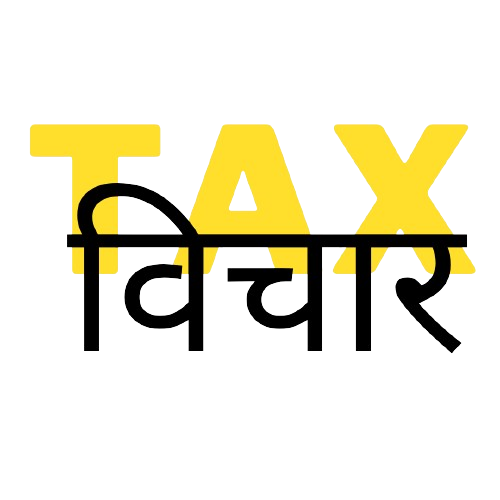
GST REGISTRATION
WHAT IS GST ?
The Goods and Services Tax (GST) is a unified tax framework introduced in India on July 1, 2017, which consolidates numerous indirect taxes previously levied by state and central authorities into a single tax system. This reform aims to create a seamless national market, reduce the complexity of the tax structure, and improve compliance levels. GST is applied at each stage of the supply chain, with provisions for input tax credits that reduce the cascading effect of taxes, thereby making goods and services cheaper and tax administration more efficient. It operates under a dual model, allowing both state and central governments to manage and collect taxes concurrently.
GST Registration
Required Documents For Registration
Passport size photo
Standard passport-sized photo required for official documentation purposes.
PAN Card
PAN card mandatory for GST registration, verifies taxpayer identity.
Identity
ID card necessary for identity verification in various official processes.
Address Proof
Address proof required for residency verification in official documentation.
Address Proof of Business
Proof of business address necessary for formal registration processes.
Proof of Bank Account
Bank account proof required for financial transactions and verifications.
CONTACT US FOR SERVICES
WHY GST REGISTRATION IS MANDATORY ?

Legal Compliance: It is a statutory requirement under the GST Act for businesses exceeding a certain annual turnover threshold to register. This ensures compliance with tax laws and avoids penalties.
Input Tax Credit: Registered businesses can avail themselves of the benefit of input tax credit, which means they can deduct the tax paid on inputs from the tax to be paid on output. This reduces the overall tax burden and operating costs.
Interstate Selling: GST registration is compulsory for businesses involved in the supply of goods and services across state borders, regardless of turnover. This facilitates a unified tax system across states.
Customer Trust: Having a GST number enhances the credibility of a business, as customers can see that the business is recognized by the government and is compliant with tax laws.
Government Tenders: GST registration is often a prerequisite for businesses to participate in government tenders.
Legal Authorization: It allows legally recognized identification as a supplier of goods or services, enabling a business to collect GST from customers and pass on the tax credit.

How Can TAX VICHAAR HELP YOU?
Tax Vichaar, as a platform or service, can be immensely helpful for managing GST-related work. Here are five ways in which it might assist:
Streamlined Compliance: Tax Vichaar can offer tools and resources to simplify the process of filing GST returns, ensuring timely submissions and helping to avoid penalties due to non-compliance or errors.
Up-to-Date Information: With constantly changing tax laws and regulations, Tax Vichaar can provide the latest updates and insights into GST regulations, keeping you informed and compliant with the current laws.
Input Tax Credit Assistance: It can help in accurately tracking and claiming Input Tax Credits (ITC), ensuring that businesses maximize their tax savings and maintain proper records for audit purposes.
Error Reduction: By automating calculations and integrating with accounting software, Tax Vichaar can reduce human errors in tax filing. This accuracy is crucial for maintaining compliance and ensuring correct tax payments.
Advisory Services: Tax Vichaar could offer expert advice and consultation on various aspects of GST, from registration to filing and beyond, helping to navigate complex tax scenarios and make informed decisions.
These services can significantly ease the burden of GST management, allowing businesses to focus more on their core activities while ensuring compliance and optimization of tax liabilities.
